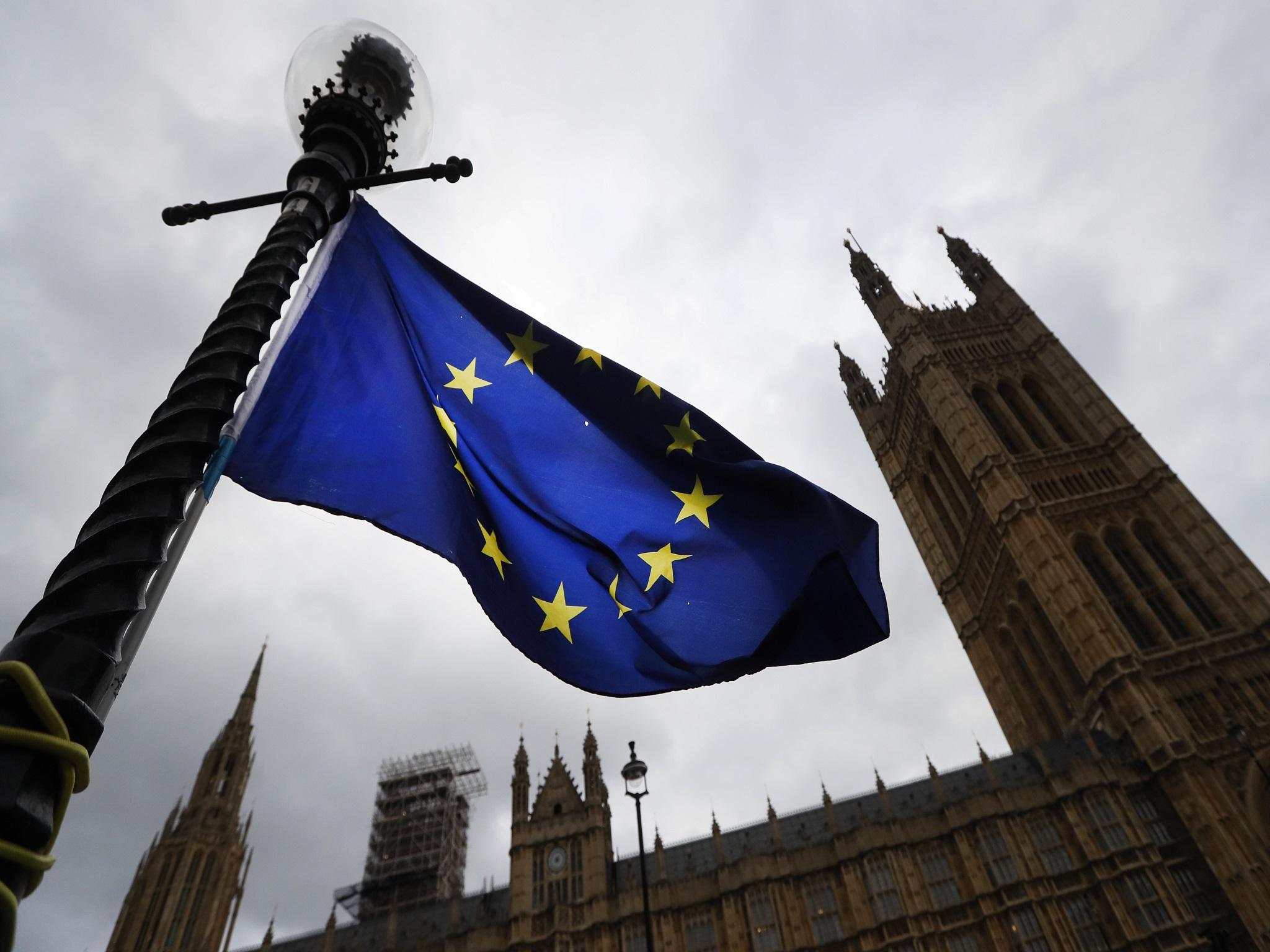The €50bn Brexit bill: Paying it makes sense. Staying in the EU makes more
Given that Brexit was sold on a lie, the British people should be allowed their say on whether the final deal - and the bill - is really what they want. But the chances of it happening remain slim

Recall how Brexiteers said this was all going to be easy. The EU would be falling over itself to give Britain everything it wanted. They would prove to the nation that you can have your cake and eat it. There would be no multi billion pound divorce bill.
With a deal offing that could see Britain paying as much as €50bn (££44bn), a truly staggering sum of money, it all looks rather different now.
Let’s get one thing out of the way first: As I wrote last week, paying up is a sensible step on the part of the Government if it leads to a trading arrangements that limit the damage Brexit will inflict, is already inflicting, on the nation's battered economy.
The more sensible ministers in the Government know this. It is why Britain blinked first. It is we are the party giving ground and the reason that a sum of a similar quantum to what it took to bail out Royal Bank of Scotland will be handed over.
Compared to chaotically crashing out without any deal it will be worth every last euro cent.
The markets are in accord. Our bombed out currency has jumped against almost every other one that you’d care to mention.
We’re all a teeny bit richer this morning, our purchasing power is a teeny bit higher, the world’s view on our economic prospects is a smidgeon less gloomy, the chance of protecting some of the £70bn plus a year Britain's financial services industry contributes in tax is a little bit higher. Huzzah.
This optimism, even if it is only very muted optimism, is understandable. It hints that the increasingly loud cries from businesses, and others, that we’ve heard in recent weeks, the calls to sort the mess out, might have had an impact, might just have found a way through the wax clogging up ministers’ ears.
The jihaadis demanding we sail into the Atlantic with a course charted for the economic arctic have lost this one.
But thorny, and perhaps intractable issues remain. The UK’s arctic cruise has been temporarily averted, but the tickets are still valid. The ship is ready to leave port.
If sense has prevailed it's only the sort of sense that sees a driver opting to take their foot off the accelerator with a wall looming in front of them in preference to using the brakes.
It doesn't appear that Britain has any brakes, despite the increasingly obvious falsehoods peddled by Leave. The NHS getting £350m a week is the most famous of them (it's actually getting £350m for the entire winter) but no less egregious was the falsehood that future trade deals would be a breeze to sign, or the claim that Britain would become an economic superstar in the blink of an eye. And there were many more like that.
In response to that people occasionally pop up to suggest a second referendum, arguing that when what Brexit actually means becomes clear; when there is less chance of its true meaning being obscured by lies, democracy demands that people be allowed to make a true choice. The divorce bill agreement, assuming it's formally signed, only adds weight to that case. Paying makes sense, but staying makes more.
The chances of it happening, however, remain slim. Something may now be salvaged from the wreck of Brexit, but no one in the City, or anywhere else where jobs are at risk of relocation, should be suspending their overseas house hunting.
Join our commenting forum
Join thought-provoking conversations, follow other Independent readers and see their replies
Comments
Bookmark popover
Removed from bookmarks